In alphabetical order

Our laboratory is interested in harnessing stem cell biology to recapitulate beta cell development and the islet niche in a dish, to study beta cell function and dysfunction, and develop cell therapies for T1D.

The Bruin lab is particularly interested in how environmental factors, such as exposure to pollutants, impact the endocrine pancreas during critical windows of fetal development and periods of metabolic stress in adulthood. Current projects we are investigating: a) the role of xenobiotic metabolism enzymes in islets; b) how environmental pollutants impact adult beta cell function and survival; c) the long-term impact of fetal and neonatal pollutant exposure on diabetes risk; d) effects of pollutants on human stem cell differentiation into pancreatic endocrine cells; and e) off-target effects of chemotherapeutic drugs on islets.

Our research efforts are aimed at identifying novel molecular mechanisms that govern beta-cell differentiation, proliferation, and survival. The overall goal is to harness the therapeutic potential of these newly discovered targets to stimulate the generation of new beta-cells and to expand and protect the functional beta-cells that still reside in the pancreas of patients with diabetes.

CIRTN-R2FIC is saddened by the loss of member, collaborator, and friend, Susie Clee. Highlights of her work include discovery and functional analysis of genes involved in type 2 diabetes and obesity. Follow this link for more on Susie and her life’s work.

Research in the Dhanvantari Laboratory is focused on investigating the mechanisms of glucagon intracellular trafficking and secretion. To this end, we utilize techniques such as molecular imaging of islet function and heart failure. We are also dedicated to and interested in promoting equity, diversity, and inclusion in STEM.
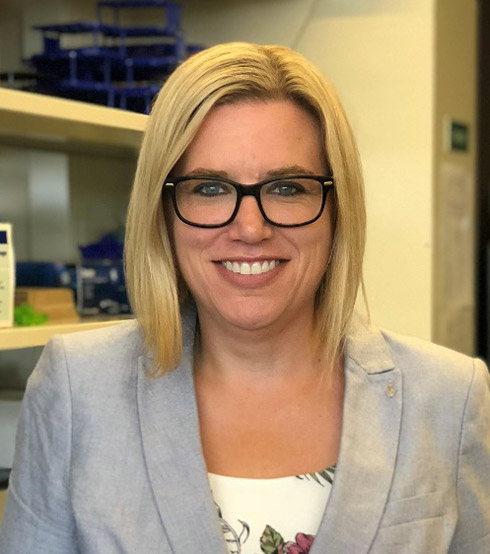
Our lab has two main interests. First is understanding the circadian regulation of insulin secretion. Insulin secretion capacity varies throughout the day and we are interested in understanding the intrinsic mechanisms of the beta cell that regulate dynamic cycles of insulin secretion capacity and how this is impacted by circadian disruption, contributing to diabetes risk. Secondly, we are studying gene-environment interactions and impact on islet function. Indigenous children of Manitoba are disproportionately affected by type 2 diabetes. We have several ongoing projects to examine how genes and environment relevant to these children interact to impact islet function and diabetes development.

Our research focuses on understanding the pathogenesis of diabetes at the molecular level. We know that metabolic abnormalities in one tissue often impact the health of another (organ cross-talk), adding layers of complexity. In our lab, we strive to understand the molecular events in each tissue that trigger disease in the islet, and identify new ways to prevent, diagnosis, or reverse the metabolic abnormalities associated with insulin resistance and beta-cell dysfunction / death. To achieve our goals, we use tools in genetic engineering, molecular biology and physiology in vitro cell models to pre-clinical animal and small clinical studies.
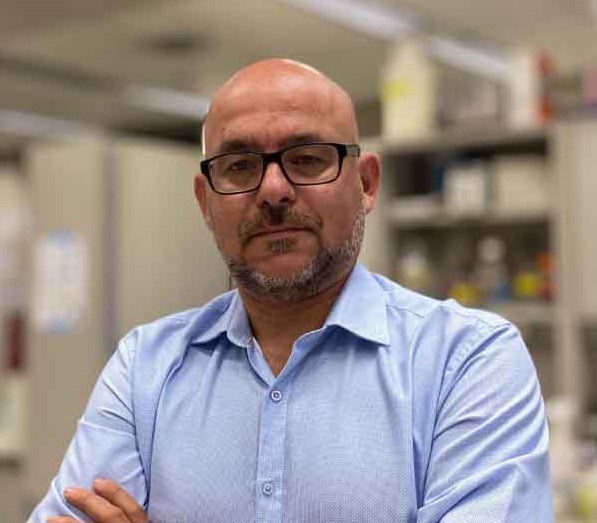
Ferdaoussi lab is interested in understanding the molecular and cellular mechanisms involved in the etiology of pancreatic ß cell failure and death in type 2 Diabetes. We are also interested in designing and generating novel molecules and peptides to preserve pancreatic islets and stem-derived β cells during transplantation protocol. We are also engaged in promoting bilingual research in the French-Canadian Minority Communities as part of our EDI commitment.
—
Le laboratoire Ferdaoussi s’intéresse à étudier les mécanismes moléculaires et cellulaires impliqués dans l’étiologie de la dysfonction et la mort des cellules ß pancréatiques dans le diabète de type 2. Nous sommes également intéressés par le design et la génération de nouvelles molécules et peptides pour préserver les îlots pancréatiques et les cellules β dérivées de cellules souches pour améliorer le protocole de transplantation. Nous sommes aussi engagés à promouvoir la recherche bilingue dans les communautés minoritaires canadiennes francophones comme un des engagements du laboratoire envers EDI.
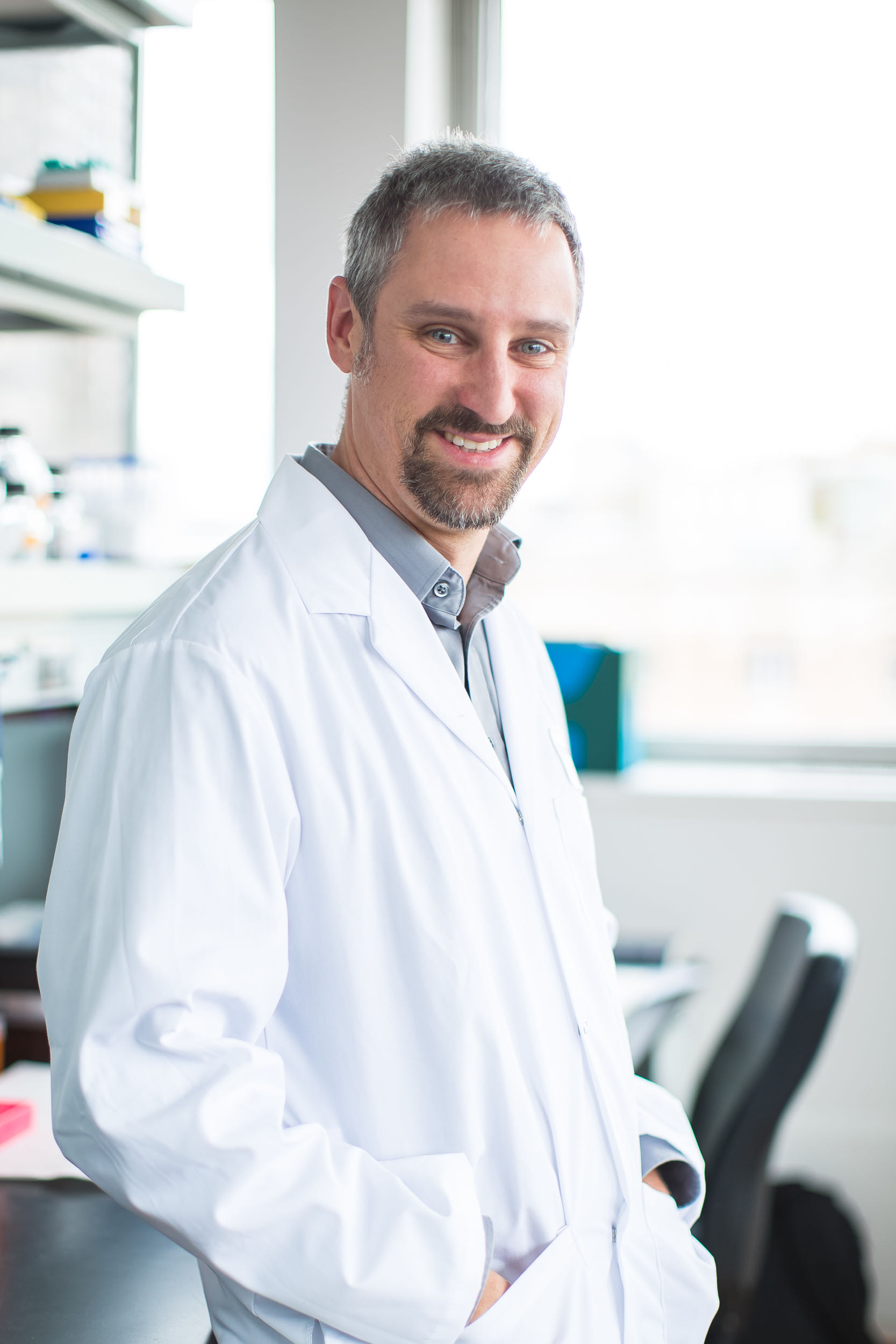
In our lab, we are studying the function and regulation of the bone-derived hormone osteocalcin. This hormone controls insulin secretion and beta cell proliferation, as well as insulin sensitivity in peripheral organs. We are currently studying how the post-translational modifications of osteocalcin (glycosylation, carboxylation, etc.) regulate its activity in mice and humans. In addition, we are investigating the mechanism of vitamin K in beta cell and how this influences the development of diabetes. We are examining the function of vitamin K-dependent proteins in insulin secretion and beta cells adaptation to ER stress. Also, we are characterizing novel vitamin K-dependent proteins.
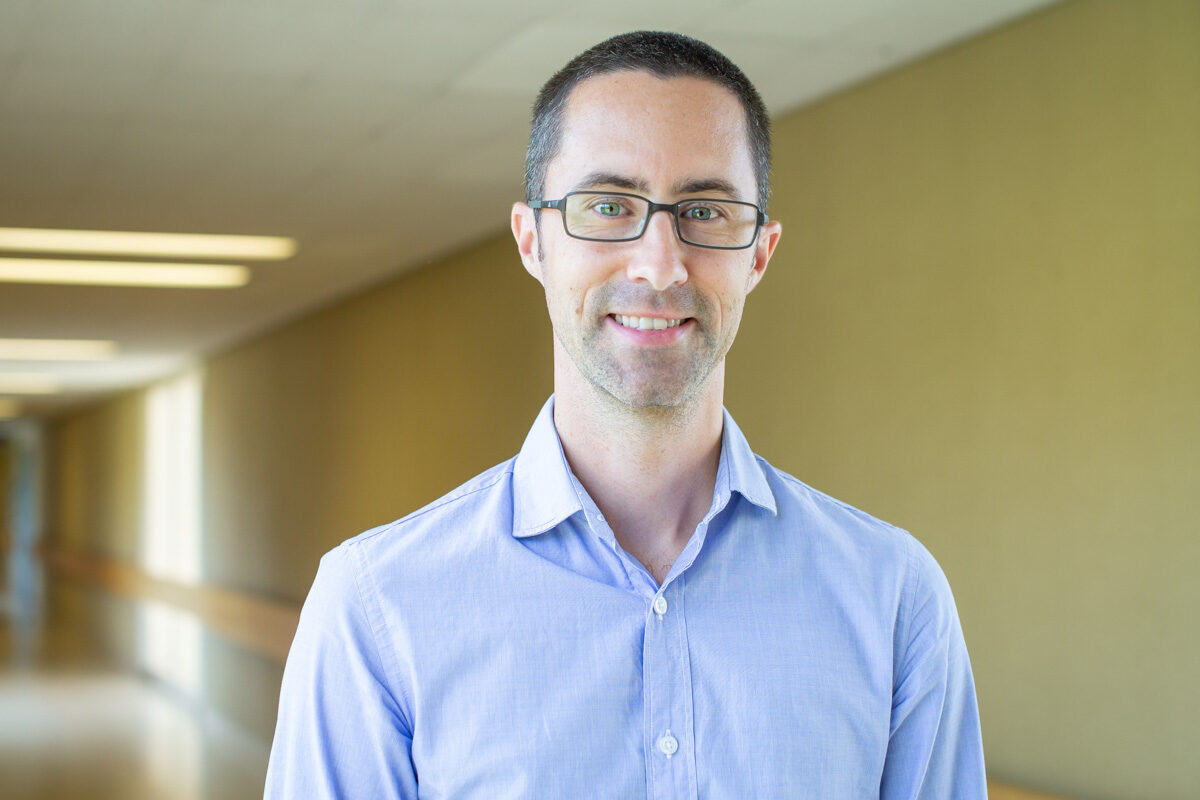
At the uOttawa Immunometabolab (see what we did? Immune + Metabolism + Lab = so clever…) we use mice and cells as biological models to uncover how specific metabolic and/or immune pathways are linked. Our BIG PICTURE GOALS are to understand how these molecular, metabolic and immune pathways work in hopes that our research will translate to humans and lead to new ways to prevent and/or treat chronic metabolic diseases including diabetes and atherosclerosis.

Gaisano lab focuses on SNARE proteins’ regulation of exocytosis in pancreatic beta and acinar cells, elucidating how their dysregulated exocytosis underlie T2D insulin secretory defects and pancreatitis, respectively. His lab pioneered the thinking that SNARE proteins directly bind and regulate membrane depolarizing (KATP) and repolarizing (Kv) potassium channels that control beta-cell excitability to regulate secretion. Current projects include investigating the role of glucagon-secreting alpha-cell and islet paracrine control and their dysfunction that underlie T1D islet dysfunction. Secondly, we are studying the role of intestinal microbiome in metabolic syndrome.
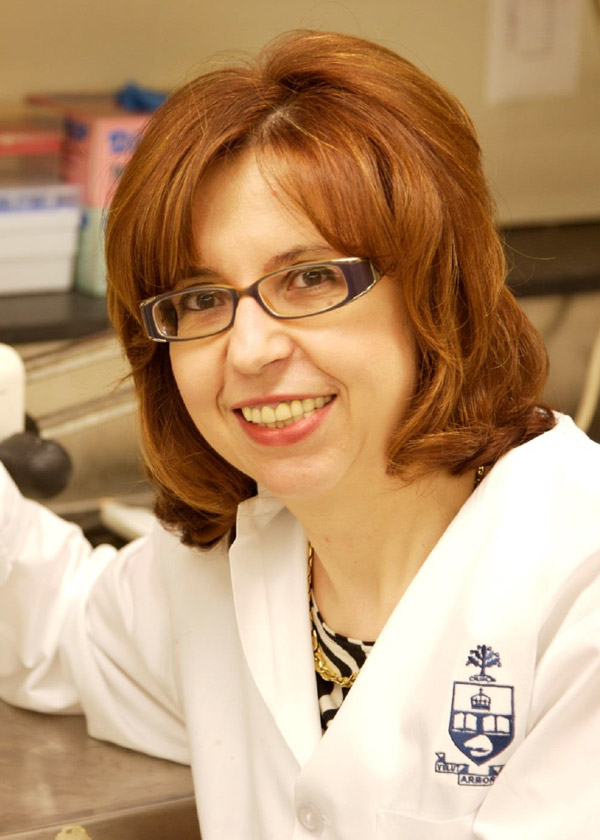
The primary theme of our research is the investigation of the effects of excess circulating energy substrates, in particular free fatty acids, on insulin action, secretion and kinetics, and the implication of these effects for the pathogenesis of diabetes. Secondary themes of research are the studies of the effects of nutrient and insulin excess in animal models of atherosclerosis and cancer.

Intra-islet and endocrine signaling resulting in beta-cell plasticity during metabolic stress, such as pregnancy. Early life programming of pancreatic development resulting in islet cell dysfunction in later life and risk of diabetes. Origins and prevention of gestational diabetes using both rodent models and interventional clinical trials as part of the DALI clinical trials consortium.

The Hoesli Stem Cell Bioprocessing Lab develops devices and cell culture methods for cellular therapy – in particular for islet transplantation. We have upscaled islet encapsulation processes using stirred or microchannel emulsification to produce large amounts (L volumes) of microencapsulated islets cells in less than an hour. Using 3D bioprinting, we are engineering 3D vascularized tissues to study islet interactions with endothelial cells and other vascular cells. These vascularized tissue constructs could one day be used for transplantation. Overall, we are using our knowledge of bioprocess engineering and materials engineering to service the islet biology and diabetes community.

We study how histone modifications and transcription factors mediate gene expression during pancreas development and to control beta-cell function.

Our lab is interested in understanding the molecular mechanisms that regulate beta cell mass and function. We use pregnancy as a physiologic model of increased insulin demand to understand how pancreatic beta cells adapt to stress. Our current research focus is on 1) identification of novel signalling pathways that regulates β-cell function and survival during pregnancy, 2) identification of non-cell autonomous function of prolactin receptor in β-cell function, 3) mechanism underlying fetal programming of β-cells in the context of prenatal exposure to mild hyperglycemia.

Our laboratory uses a variety of technical approaches, from live-cell imaging to integrated physiology to multi-omics, to study islet biology and the roles of insulin throughout the body. Ongoing projects include sex differences in insulin production and ER stress, examining beta-cell stress and insulin production in early stage T1D, beta-cell stress adaptation, role of specific Ca release in beta-cell function, Scn9a in T1D, autocrine insulin action in beta-cell specific insulin resistance, role of macro-nutrient as secretagogues in human islets, spatio-temporal dynamics of insulin gene transcription, and the role of insulin in metabolic dysfunction.
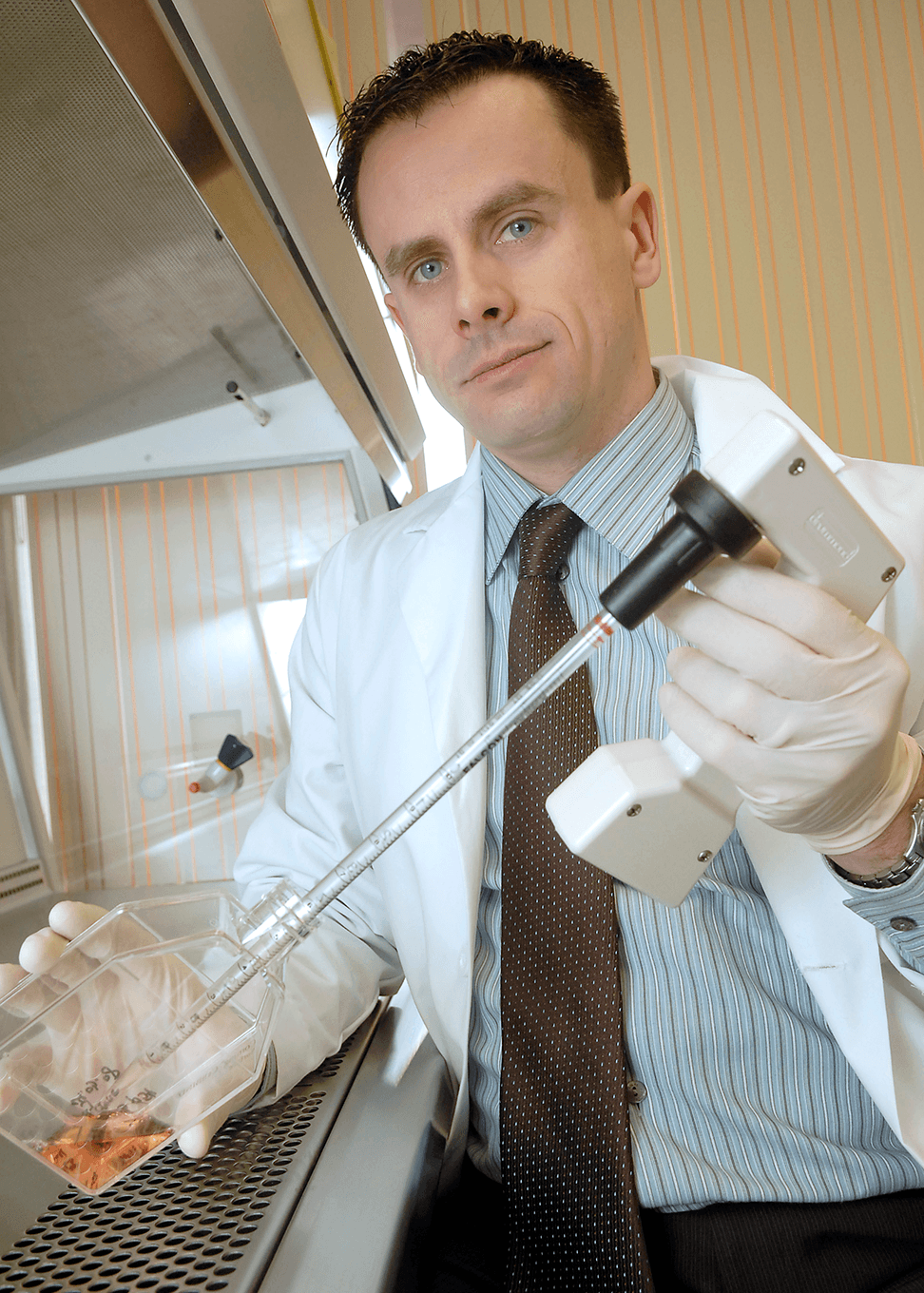
A primary defect in type 2 diabetes mellitus is the inability of pancreatic insulin-secreting beta-cells to sense and respond to changes in blood nutrient levels. How beta-cells sense glucose is incompletely understood, and this is hindering the development of new cell-based and drug therapies for both major forms of diabetes. Our laboratory has developed a modern set of tools that have allowed us to discover novel pathways involved in regulating insulin secretion. These studies will potentially provide novel drug targets to treat type 2 diabetes.

We seek to improve life for people affected by diabetes by contributing to the development of new therapies, and ultimately a cure. The Kieffer lab has the capacity to address questions from molecular to cellular to whole organism. We have advanced equipment for high-throughput analyses of cellular function and pathways, for whole animal imaging, and for metabolic phenotyping. We utilize tissue-specific knockdown or reintroduction of genes, cell transplant and surgical manipulations, and human stem cells with targeted genetic engineering to model diabetes and generate insulin producing cells for automatic insulin replacement.
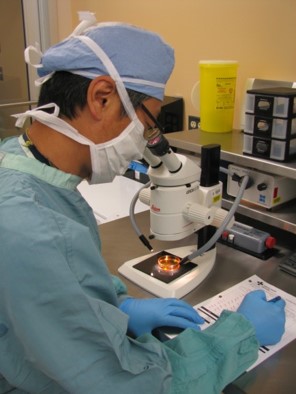
Tatsuya Kin leads the Clinical Islet Laboratory (CIL) at the University of Alberta and Alberta Islet Distribution Program. His team has isolated islets from over 2330 human pancreas. The primary goal of the CIL is clinical transplantation, however if islets are unable to be used for that role, islets may be distributed for research purposes. The Alberta Islet Distribution Program distributes the islets for 45 basic science projects in 7 countries.

Our laboratory is interested in understanding the molecular mechanisms involved in the development and regeneration of the pancreas. In addition, a major focus of our laboratory is understanding how normal pancreatic cell types initiate pancreatic ductal adenocarcinoma. To examine the cellular and molecular mechanisms underlying the development of pancreatic diseases, we are focused on understanding how specialized cell types of the pancreas are formed and how they contribute to diseases. To do this, we utilize mice to study pancreatic development and model aspects of pancreatic disease.
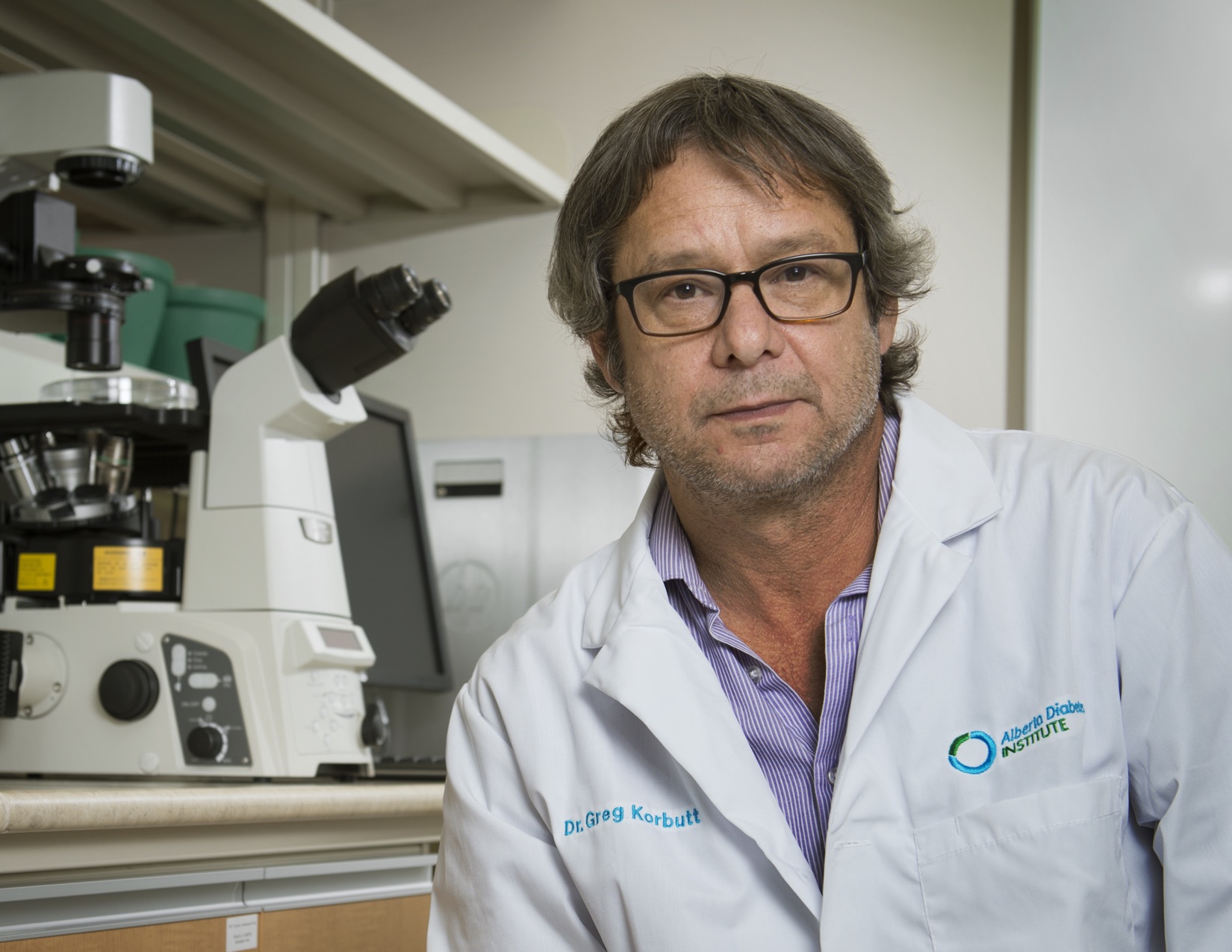
As an original member of the Edmonton Protocol team, the Korbutt lab focuses on all aspects of islet transplantation. Areas of interest in our group include the use of stem cells and cell manufacturing. Our current projects include finding ways to use less toxic immunosuppresants and utilising neonatal pig islets as a clinical islet source. The Korbutt group is GMP-certified, allowing our work to be quickly translated from the bench to the clinic.

The Krentz lab combines human genetics and developmental biology to study the molecular mechanisms underlying the genetic contribution to diabetes risk. We use mouse and human cellular models to understand how metabolic cells normally develop and how defects in this process leads to disease.

[email protected]
Website
My research focuses on immune cells called T regulatory cells (Tregs) that are central to immune tolerance and that are a very promising new therapeutic tool. To exploit the natural capacity of Tregs to induce immune tolerance, and to design effective therapies to restore immune tolerance in patients with immune-mediated disease, we need to define how, when and where Tregs function in the body. My research program has 3 major themes that aim to (i) build on our recent discoveries to understand Treg biology and (ii) apply that knowledge to develop and assess treatments designed to manipulate immune tolerance. My work integrates lab and clinical studies, applies advanced methods in the context of transplant rejection and autoimmunity, and creates outputs with broad relevance for chronic immune-mediated diseases.
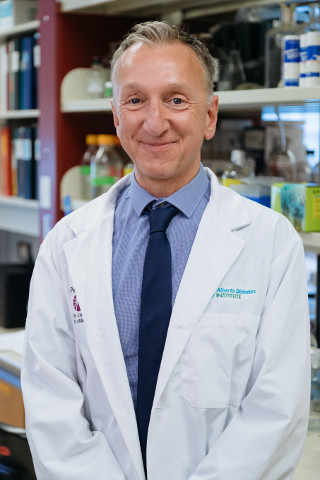

We are a group of motivated scientists, whose goal is to understand how adaptor/scaffold proteins belonging to the 14-3-3 protein family control metabolic processes and whether they contribute to the development of chronic diseases, such as diabetes and obesity. One of our current projects is to explore what 14-3-3zeta specifically does in pancreatic beta-cells. We are examining how it influences beta-cell survival and function and testing whether we can promote beta-cell expansion by targeting 14-3-3zeta.

[email protected]
Website
In the Luciani Lab we study beta-cell physiology, stress and survival/death. Our current research revolves around two main topics. First, our research aims to shed light on the importance of mitochondria for beta-cell compensation and decompensation in the progression of type 2 diabetes. As part of this, we are investigating non-canonical functions of Bcl-2 family apoptosis proteins in the regulation of beta-cell mitochondrial metabolism, dynamics and turnover. Secondly, we are using knockout mouse models and microscopy to examine if and how disruption of lysosomes and autophagy may contribute to beta-cell failure and loss of insulin secretion in diabetes.

[email protected]
Website
Research in the Lynn lab is targeted at understanding the insulin-producing pancreatic β-cell, how it fails during diabetes mellitus and how we can make surrogate cells to cure diabetes. We use a variety of models to study the regulatory pathways important for embryonic β-cell genesis and function. The current focus of research in the lab is understanding how DNA-binding transcription factors regulate β-cell formation and function, how they are regulated post-translationally and how they prevent β-cell dysfunction and diabetes.

We are interested in pancreatic islet function and hormone secretion in health and diabetes. Our research has spanned areas that include biophysical characterization of ion channels; intracellular signal transduction and exocytosis; and the cellular regulation of glucagon secretion. With international collaborators, exciting new directions include islet-cell phenotyping by combined patch-clamp and single-cell sequencing; and computational modelling of human islet cell profiles. Our techniques include hormone secretion assays, single cell patch-clamp electrophysiology, and cellular imaging in human islets and transgenic animal models. We also run an in-house human islet isolation, banking, and distribution program called IsletCore.
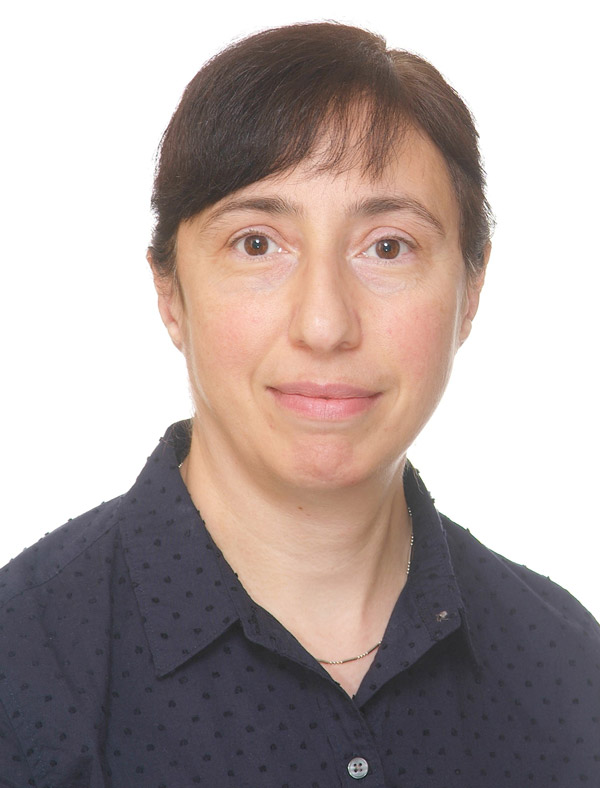
Progressive loss of β-cell mass and function is a key defect in both type 1 (T1D) and type 2 (T2D) diabetes. Islet transplantation has provided a feasible approach for β-cell replacement in T1D but is currently limited by short supply and post-transplant loss of islets. Our research focuses on understanding why β-cells die in T2D and islet grafts. Specifically, our studies aim to identify the mechanisms by which protein aggregates called islet amyloid destroy β-cells. The ultimate goal of our research is to develop new therapies to prevent or slow onset of T2D diabetes and enhance long-term survival of islet grafts.

The Mulvihill Lab seeks to improve our understanding of the molecular events which contribute to disruptions in the hormonal regulation of nutrient utilization and storage in inflammation, type 2 diabetes and cardiovascular disease. We focus on the physiological impact of dye-regulated bioactivity of gut-derived hormones, processing of cytokines and chemokines and the proteases which cleave them. The lab as expertise in the measurement of lipids and lipoproteins, islet perifusion, quantitation of peptide hormones, models of diabetes and cardiovascular disease, intestinal biology and mouse genetics.

The focus of the Nostro lab is to identify the molecular determinants that control endoderm specification and pancreatic lineage commitment, using directed differentiation of human Pluripotent Stem Cells (hPSC) as a model system. Our ultimate goal is to generate islet surrogates for diabetes treatment. Our group has defined critical pathways leading to the efficient generation of hPSC-derived pancreatic progenitors in vitro and recently, using proteomics approaches, identified a specific marker that allows the purification of these β cell progenitors. We are striving to improve the differentiation protocols to generate β-like cell in vitro and develop novel transplantation approaches for type 1 diabetes therapy.
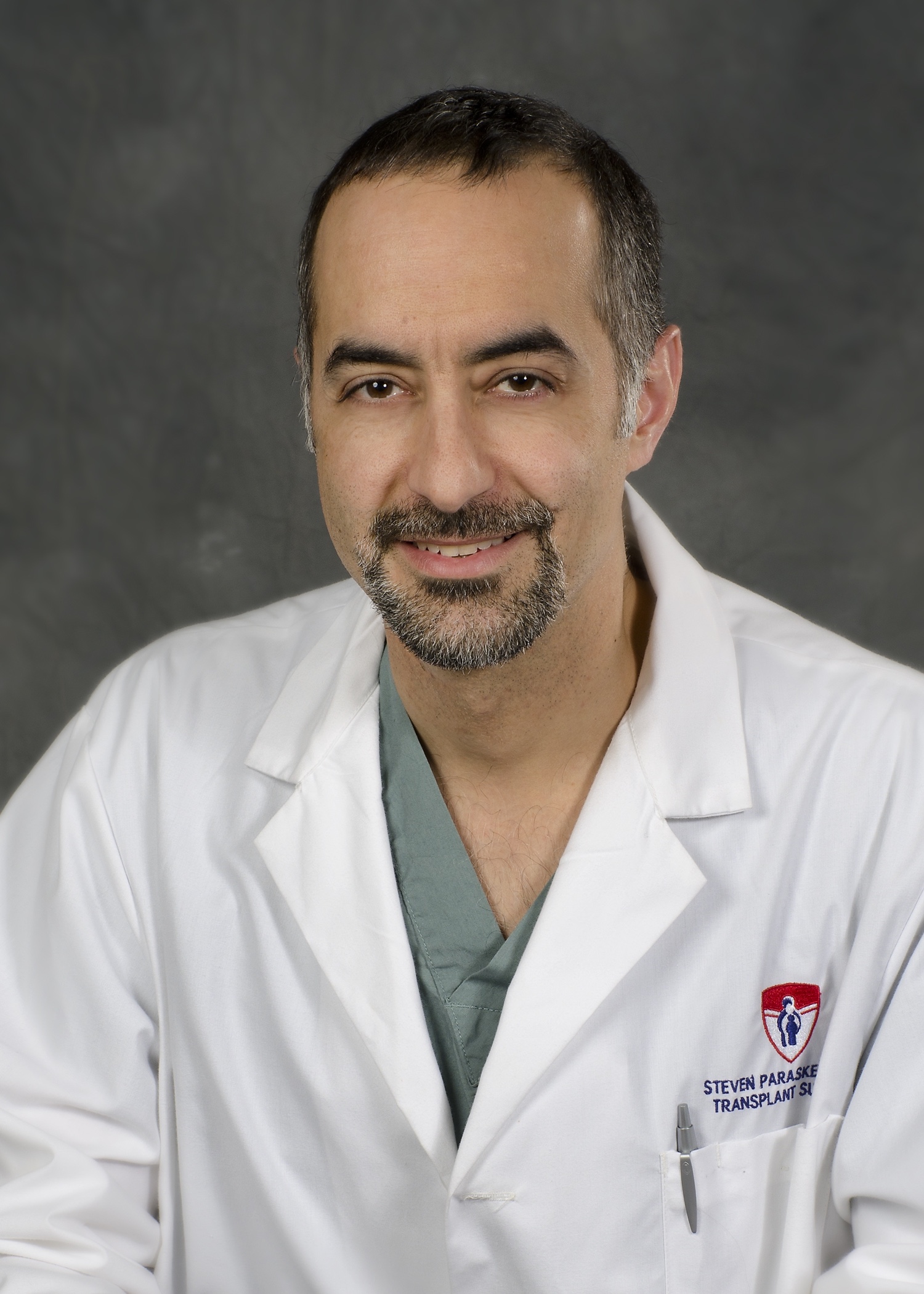
Our lab studies beta-cell injury and its immunological consequences, primarily in the context of human islet transplantation, but also with a view toward the primary inflammatory events associated with autoimmunity. We study antigen and microRNA release in extracellular vesicles, their relation to cellular stress, and their influence on acquired and innate immune responses. We also manage the McGill University Health Centre Human Islet Transplant Laboratory, where human islet preparations are derived for clinical transplantation. Our work benefits from the availability human samples and subjects, and from a variety of analytical platforms.

My lab is interested in examining the underlying mechanisms that govern pancreatic beta cell survival and function, with the ultimate goal of developing islet replacement therapies that could become a universal treatment for a broader range of people living with T1D. We believe this will be achieved through continued innovations in novel strategies to preserve beta cell mass, enhancing transplant therapies outside the liver and using alternative insulin-producing cell sources.

Our research program focuses on the biology and physiopathology of the endocrine pancreas. We study the mechanisms whereby the pancreatic beta-cell adapts to its metabolic environment and why these adaptive changes fail in some individuals, causing type 2 diabetes. We are interested in the regulation of pancreatic hormone secretion by cell-surface receptor signaling and the interplay between different endocrine cell types in the islet.

Our laboratory is interested in the identification and characterization of circulating factors influencing beta cell function during the pathogenesis of diabetes. Utilizing a combination of animal models, human patient samples, primary tissues, clonal cell lines, and molecular biology approaches, we aim to interrogate how inter-organ communication via proteins and metabolites is altered early in the development of both type 1 and type 2 diabetes, contributing to the overt manifestation of disease. Ultimately, we hope to identify novel biomarkers and therapeutic targets that can be harnessed to prevent or delay diabetes development.

Current projects in the laboratory fall into the following areas areas: metabolic signal transduction in the pancreatic ß-cells, molecular basis of ß-cell compensation and failure in type 2 diabetes, fuel detoxification process, novel targets for obesity, metabolic syndrome and healthy aging and finally metabolism and cancer. The laboratory addresses these investigations using a broad panoply of technologies, including rodent KO models, RNA silencing, metabolomics/proteomics and transcriptomics, in vivo assessment of glucose/lipid metabolism and insulin signaling, as well as biochemical assays. The group works on both basic research and industry funded projects related to drug and biomarkers discovery.

The Rabasa-Lhoret team conducts different clinical research studies which focus on type 1 diabetes, type 2 diabetes and cystic fibrosis related diabetes using randomized controlled, physiological, pharmacological, nutritional, and exercise-based studies in humans. Current projects include optimization usage of new therapies and technologies to reduce hypoglycaemia in patients living with type 1 diabetes. The team also study cystic fibrosis related diabetes.

Dr. Rayat is a Professor in the Department of Surgery, in the Faculty of Medicine and Dentistry at the University of Alberta. Her major areas of research include islet transplantation and transplantation immunology. As a member of several national and international professional organizations – such as the Canadian Society for Immunology and the Transplantation Society- Dr. Rayat’s laboratory work revolves around islet transplantation and their impact on patients with type 1 diabetes. Dr. Rayat’s additional areas of research include gastric cancer, postnatal development of islets, and the effect of novel nucleosides on Mycobacterium tuberculosis.

Exercise, hypoglycemia, metabolism, diabetes, rodent models and human clinical trials

One major research focus in the Rideout lab is uncovering the mechanisms underlying sex differences in insulin production, secretion, and action. We use fruit flies as a model to discover genes that explain sex differences in insulin biology which may provide important clues about sex differences in insulin biology in other animals, including humans. Specific projects in the lab include identifying genes that trigger sex differences in insulin production and secretion, understanding the sex-specific coupling between dietary nutrients and insulin secretion, and characterizing sex differences in mouse pancreatic beta cells.
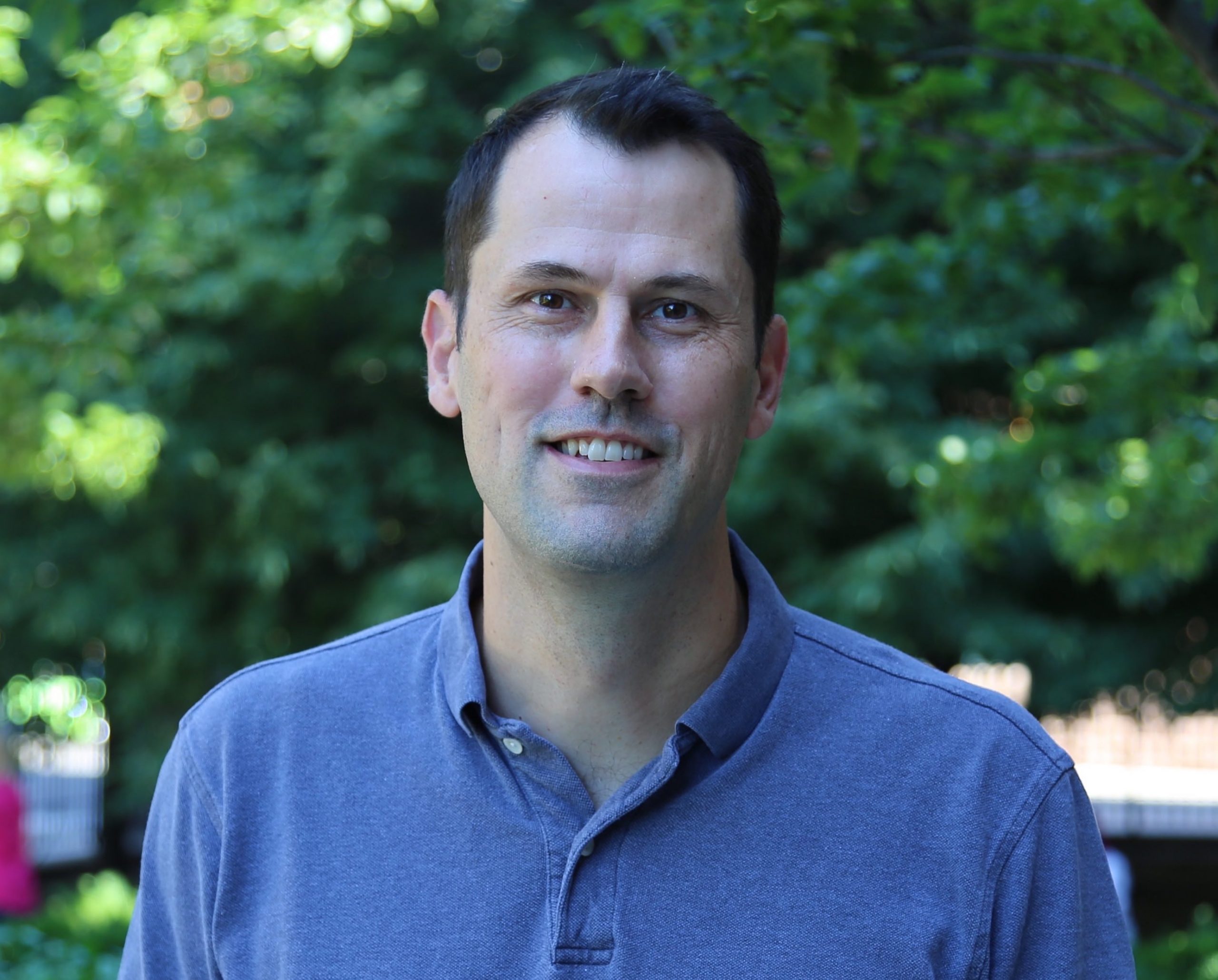
We are interested in the development and application of tools to measure cellular metabolism in tissue. Our research focus is on dissecting the metabolic triggering of insulin secretion and cell survival in pancreatic islets. Methods under development in our lab include: 1) the design of microfluidic devices to hold and assay micro-tissues (e.g. islet-on-a-chip) and 2) the development of genetically encoded sensors to assay cellular metabolism with high spatial and temporal resolution. We aim to use these methods to measure cellular metabolic heterogeneity to determine the effect on tissue function and survival.
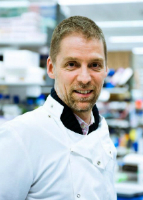
My work is focused on investigating the role of diabetes-associated genes in the control of insulin secretion at the cellular and whole organism level. I am also interested in signal transduction and beta-cell identity in health and disease.

My lab is interested in understanding how human cells respond to extracellular cues to maintain and ensure their function and survival. One central focus is to study how the pancreatic beta cell converts feeding cues into signals leading to insulin production and secretion. We use high-throughput functional screens to identify novel players involved in different cell-signaling pathways, including human pancreatic beta cell proliferation and those involved in the maintenance of mitochondria, critical subcellular organelles essential for cell function and survival. In addition to Type 1 and Type 2 diabetes, our work impacts upon cancer and neurodegeneration.
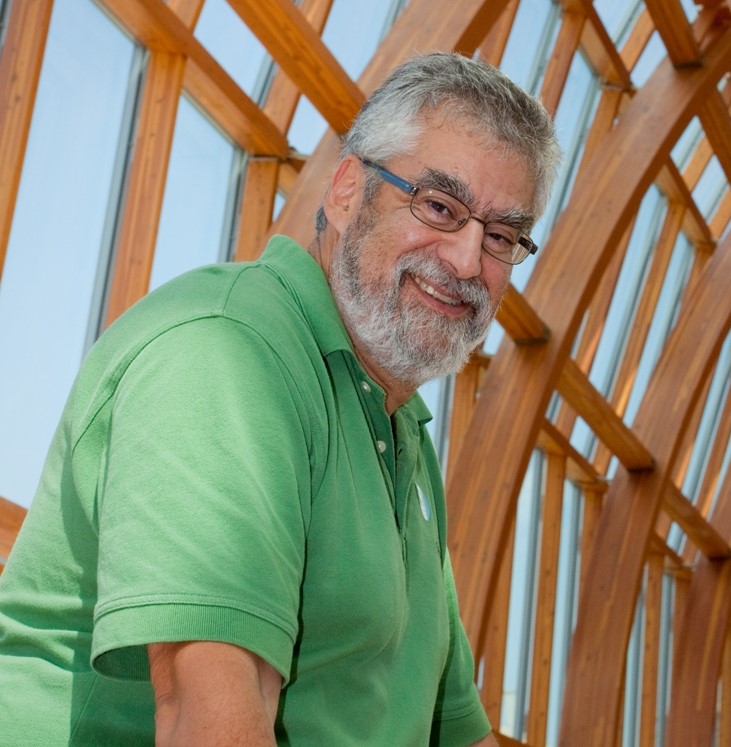
Our lab focuses on improving islet transplantation. We have a novel strategy for creating scaffolds using modular components that are then vascularised by endothelial cell seeding. My lab has also been a pioneer in microencapsulation. We have recently created pseudo islets to reengineer the islet for maximum in vivo performance. We also use whole tissue imaging (eg CLARITY) to image whole tissue explants and demonstrate the integration of host and islet micro-vasculatures, key features of an engrafted islet. Additionally, we use a novel material based on methacrylic acid (MAA) to vascularize the subcutaneous space and enable islet transplants.
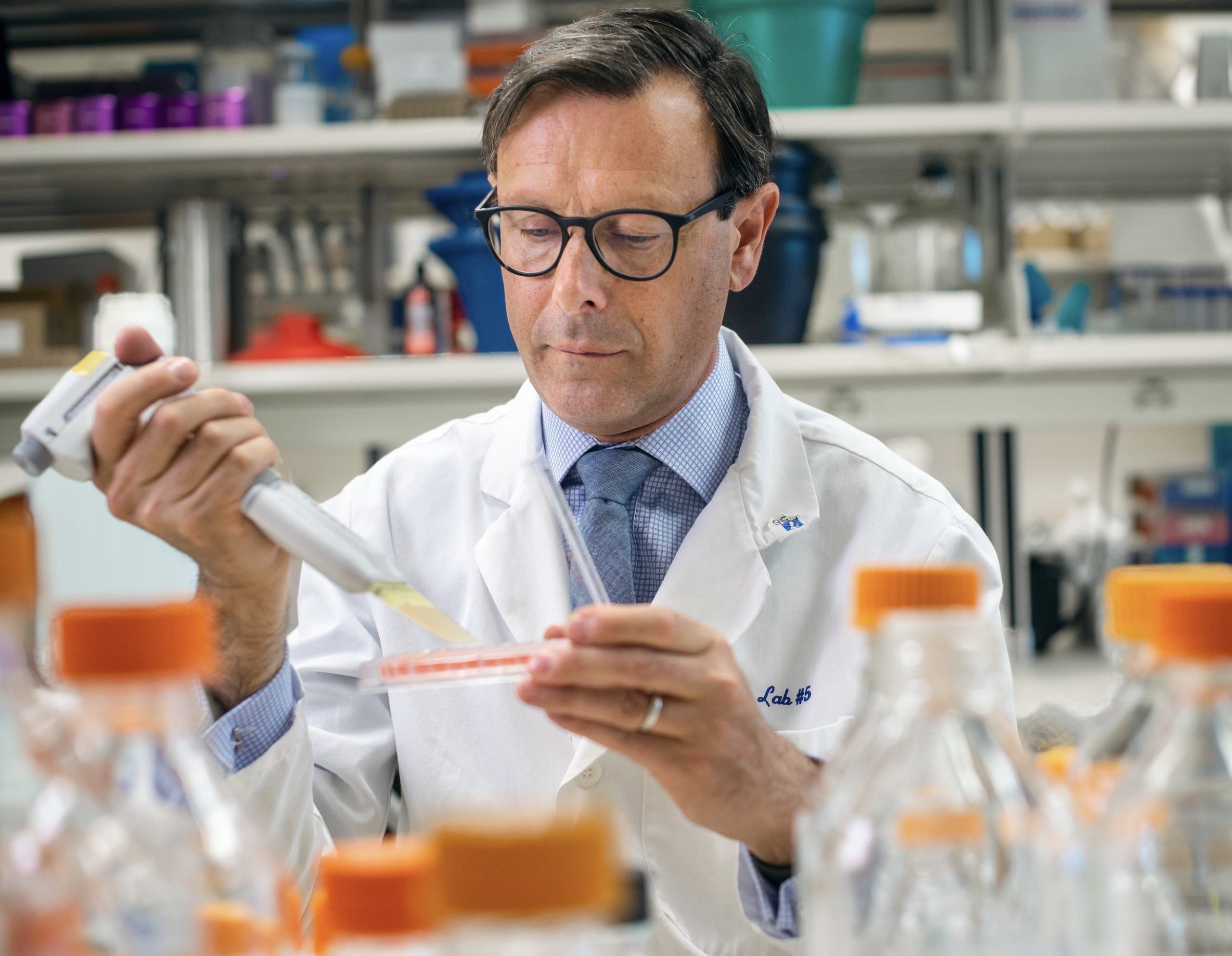
The focus of our lab is on translational research that aims to improve survival and engraftment in islet transplantation, explores approaches to minimize immune suppression and induce immunological tolerance to islet transplants, and more recently on the generation of iPSC-derived differentiated islets for potential clinical application in all forms of diabetes.

[email protected]
Website
The Taubert lab at UBC is a genetics and genomics lab that uses several model organisms, but primarily the nematode worm C. elegans, the mouse, and cancer cell lines to study fundamental concepts of biology and their relevance to human health and disease. We are especially interested in how transcriptional regulators such as Mediator and Nuclear Receptors control metabolism and stress adaptation, and development. We hypothesize that modulating stress responses and metabolic pathways in beta cells may contribute to their resilince, both in Type 2 diabetes contexts and in transplanted islets used for therapy in Type 1diabetes.
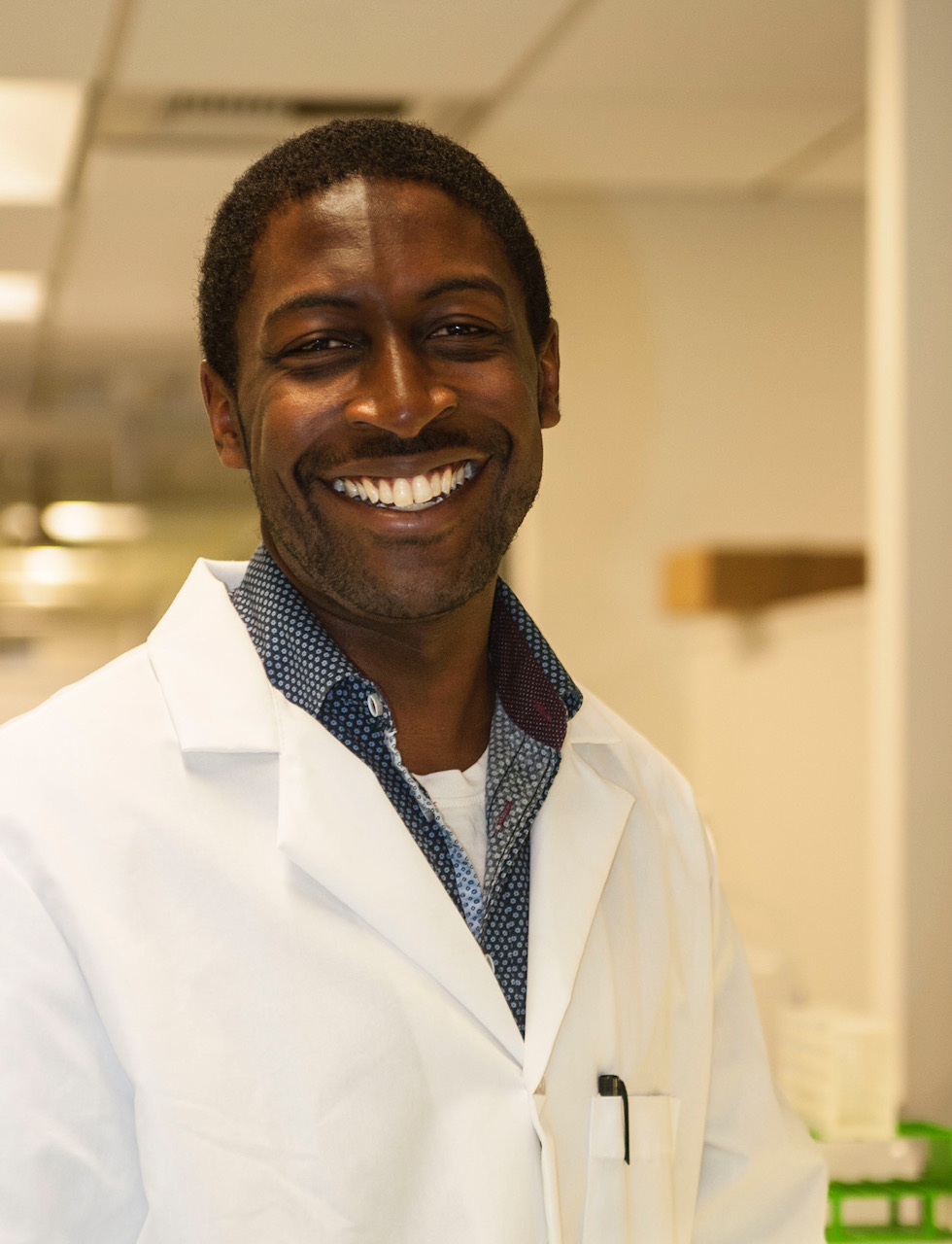
My lab investigates how and why pancreatic Beta cells are destroyed in Type 1 Diabetes (T1D). We are interested in understanding how Beta cells respond to various forms of stress by adopting new fates and altering their functions. We also seek to understand how Beta cells communicate signals with other islet cells and infiltrating immune cells during the pathogenesis of T1D. We aim to discover molecular mechanisms that can be targeted to prevent Beta cell loss and dysfunction in T1D and other forms of diabetes.

We are interested in understanding the regulation of the immune response and its connection to metabolism in chronic diseases such as T1D and T2D. Using a combination of diet and animal models, my laboratory studies the role of immune and metabolic signaling in disease development and progression and explores potential new strategies to improve protective immunity.

The Ungrin Lab’s central focus is on microscale tissue/organ engineering, including the development and characterization of new organoid types, platforms and devices, but also establishing an understanding of the role of ubiquitous factors such as oxygen and prostanoid signalling that are often overlooked. Our AggreWell platform enables rapid assembly of size- and composition-controlled microtissues, and non-cellular components can be included as desired. We have a particular interest in using this approach to package islet material into engineered pseudoislets. We also apply liquid handling robotics and computer-aided experiment design to process optimization for cell-based therapeutics, and employ various rapid prototyping tools, 3D printing (and bioprinting), etc. to the above challenges, on top of a side interest in developing technically accurate teaching simulators.

[email protected]
Website
Our laboratory is focused on understanding how islet beta cells normally function and how they become dysfunctional in diabetes, and following transplantation. We have interests in understanding the mechanisms that lead to beta cell failure in type 2 diabetes, including the role of islet amyloid and islet inflammation. We are exploring the role of islet macrophages as contributors to both beta cell dysfunction and regeneration in diabetes. We also study IAPP, which is a trigger of islet inflammation, and its precursor proIAPP, which we believe is a biomarker of beta cell function in humans with type 1 diabetes.

Our laboratory is interested in understanding the factors that regulate islet beta cell growth and maintain its viability and function in order to create effective strategies for beta cell replacement or regeneration in human diabetics. We employ a multi-species approach that includes unique cells, animal models and cutting-edge technologies. These allow us to study the molecular events controlling pre- and postnatal beta-cell development and maturation, and to characterize optimal culture environments for maintaining islet architecture and function. Our human fetal pancreatic and intestinal tissue bank and microarray database have promoted diabetes research in several national and international institutions.

The Wheeler Lab is interested in developing novel strategies to assess and treat diabetes mellitus using a multidisciplinary approach. At the islet level, we focus on membrane bound proteins that control insulin secretion; including transporters, ion channels, and receptors. Of therapeutic interest are the effects of prescription and non-prescription drugs and their metabolites to promote islet/beta cell regeneration or improve islet cell function. At the systems level, we use high throughput metablomics and lipidomics screening to identify biomarkers of diabetes. Once early markers are identified, assays are performed to understand their roles mechanistically in the pathophysiology of diabetes.
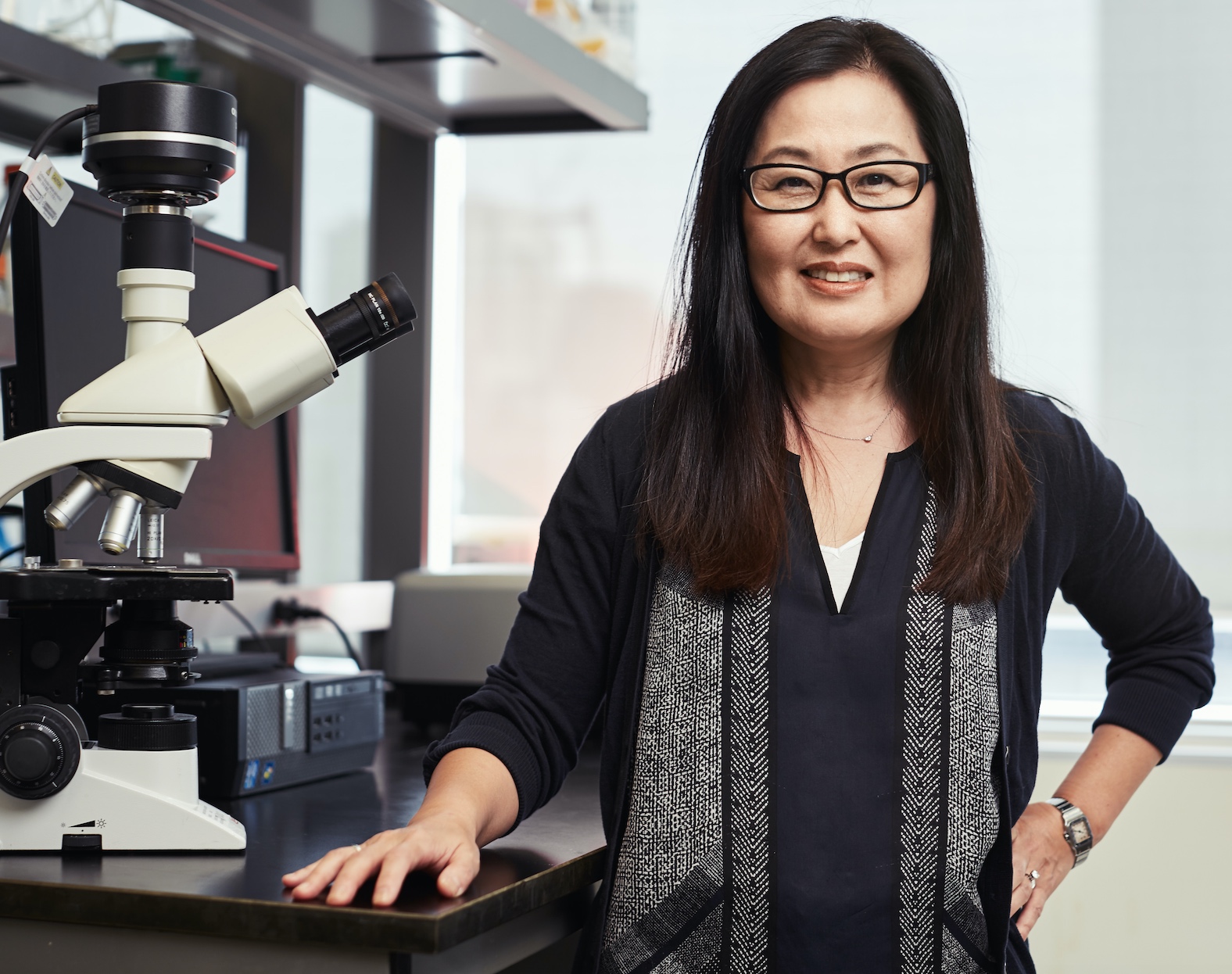
The Woo laboratory focuses on elucidating the molecular mechanisms that determine pathogenesis of insulin resistance and type 2 diabetes. Our research interests include elucidating mechanisms of islet apoptosis and survival in physiological and diabetic states by investigating fundamental genes, including putative tumour suppressors and oncogenes. Using genetically engineered mice, we define physiological roles of fundamental genes in specific tissues. We also study the role of insulin resistance in cancer and cardiovascular diseases. These approaches to clarify tissue-specific molecular mechanisms have wide implications for better understanding and treatment of diabetes as well its relationship to cancer and cardiovascular disease.
